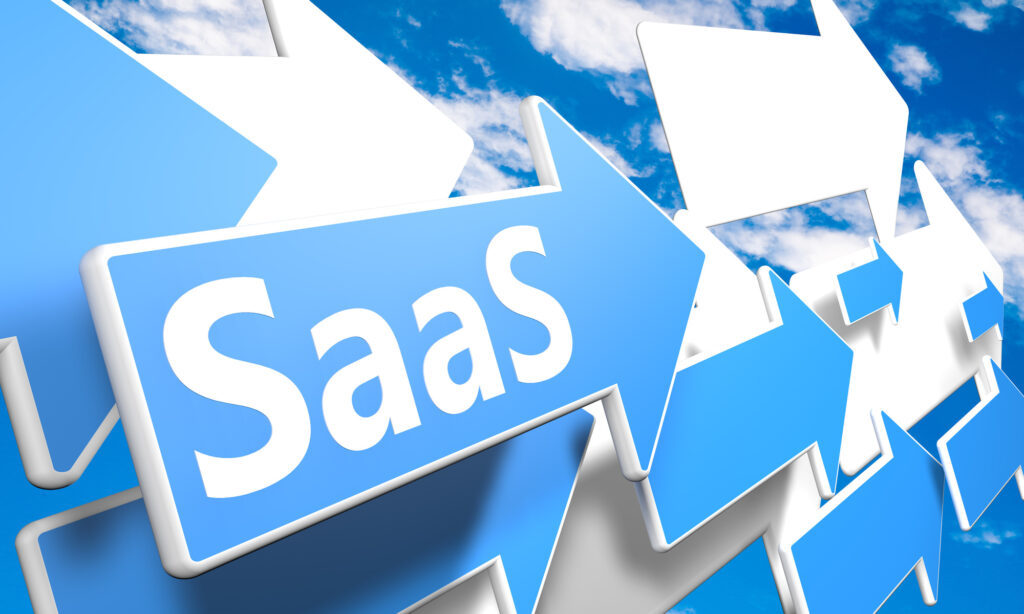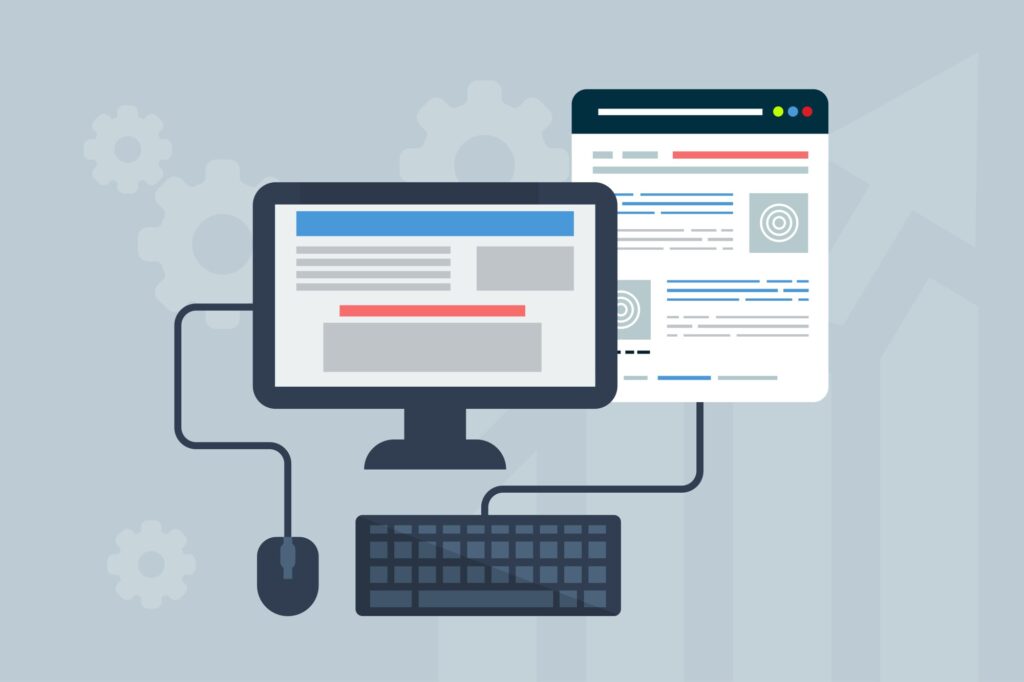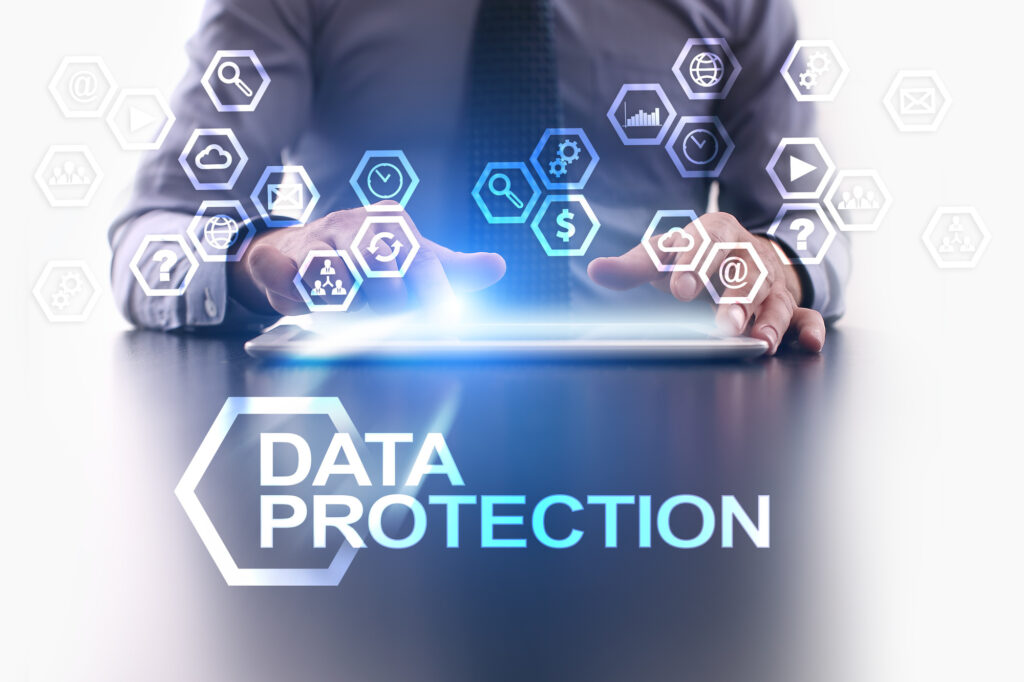What a VPN does and does not do
October 9, 2019
EmailMobileSecurityTechnologyWebsite
Having a VPN can be a great asset to increase your security, but it only does what it is designed to do. There has been some misconception about how VPN’s work, and we are here to clear things up.
What it does:
A Virtual Private Network encrypts your data sending it through a secure server before it sends it through the internet. Imagine you have a letter which you give to your post office worker who makes sure it goes through their system before arriving at the intended location. They make sure your letter is safe and doesn’t fall into the wrong hands, like a VPN. Without one it’s like you’re dropping off your letter in a community mailbox and hoping that it gets to the right place without getting compromised.
The internet is just a collection of servers, all talking to each other and sharing information as needed. We’ve all noticed targeted ads that show us a website we were browsing previously, maybe it’s a clothing store you checked out because of a sale or a product on Amazon. This is a great example of how servers will share information, which is great for convenience but not for your data’s security.
Because your information travels to the VPN’s server prior to going through to the internet, it creates a secure barrier between your information and the internet servers. The VPN encrypts your data, this means that outside sources won’t be able to see what websites you’re browsing. They won’t be able to see any information passing between you and the website because of the encryption, and they won't be able to identify you or your device as the source.
You'll be able to connect to public wifi and not worry about the safety of your device and information. Because of the encryption it will make it more difficult for cyber criminals to target you.
If you live somewhere or are traveling to a place where media or certain websites is restricted a VPN can allow you to use a server from a country where that media is available. For example, Netflix is available in a variety of countries. But not all the media on it is available to all those countries. If you’re in the UK and are craving that Friends fix but it’s not available in the UK, you can use your VPN to connect to the US server and view all your favorite shows easily.
What is does not do:
A VPN does not let you browse Facebook or play games on company time. If your company is savvy enough to have an IT team, or big enough to provide company devices they’re probably going to have monitoring software installed.
It also doesn’t protect you from viruses and virus tracking. If you open a phishing email or browse a sketchy website the only thing that can protect you is an IT team and antivirus. VPN’s can do a lot to keep your data secure, but they aren’t designed for virus protection.
They also won't help you connect to the internet if the internet is down where you are. VPN’s require an internet connection in order to work, an internet blackout means no internet and no VPN.
It will not protect a device that is already compromised.
By staying informed about how the products we use work, we can use them as they were intended and avoid disappointment. Being informed also helps us stay safe and keep our information from being compromised during this digital age where criminals continue to find more creative ways to get what they want.



